The “LSE Women: making history” Library series highlights women’s stories from some of the archives and special collections held at LSE Library. Assistant archivist Kate Higgins discusses the archive of Eglantyne Jebb, children’s rights activist.
On 19 January I attended the launch of a free exhibition at the Central Family Court in Holborn, Respected & Protected: The Rights of Children, which documents the history and importance of children’s rights through the exploration of four areas of investigation: Identity, Education, Work and Military Service. LSE contributed original material from the Women’s Library archives: documents from 7EJB, the papers of Eglantyne Jebb, inspirational founder of the Save the Children Fund and drafter of the Geneva Declaration of the Rights of the Child.
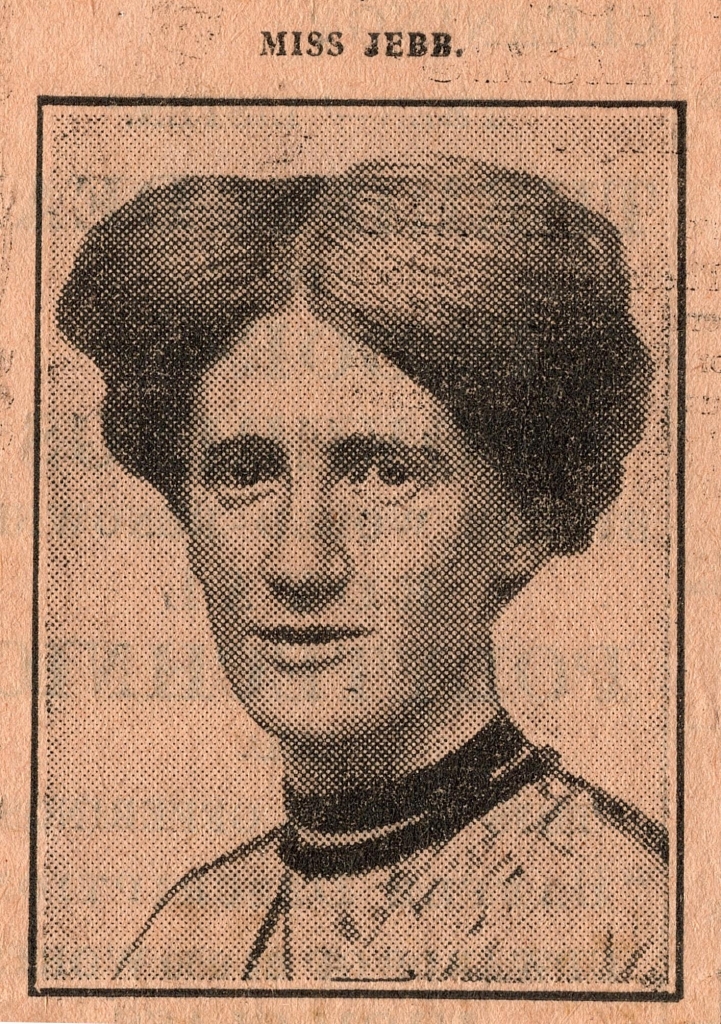
Eglantyne’s thoughts had turned to the subject of children’s rights after the issues that occupied the early years of the Save the Children Fund – famine in Central Europe caused by the First World War and the Allied blockade, followed by a refugee crisis in Greece and famine in Russia – died down and the need for relief efforts declined. In 1923 she attended a meeting of the International Save the Children Union in Geneva with a plan for a “Children’s Charter”, the result of which was her draft of the Declaration. The first formal statement of children’s rights, the Geneva Declaration is a clear, concise statement of five simple points emphasising the right of every child to be given the best start in life. It was published by the Union on 23 February 1923 before being endorsed by the League of Nations on 26 November 1924, and was later adopted, in extended form, by the UN.
7EJB documents contributed to the exhibition include letters sent by Eglantyne to her mother and sister Dorothy, describing the planning, drafting and promotion of the Declaration; the text of the sermon “The Claims of the Children”, given by Eglantyne at the Cathedral of St Peter in Geneva, 10 August 1924, in order to promote the Declaration; a newspaper article describing the Cathedral service; and a copy of the Declaration. These records are used to illustrate the early history of the development of, and the importance of, children’s rights. It was interesting to see them be put into this broader context in the exhibition, and to see the records and artefacts from other institutions (including the Foundling Museum) that illustrate this context.
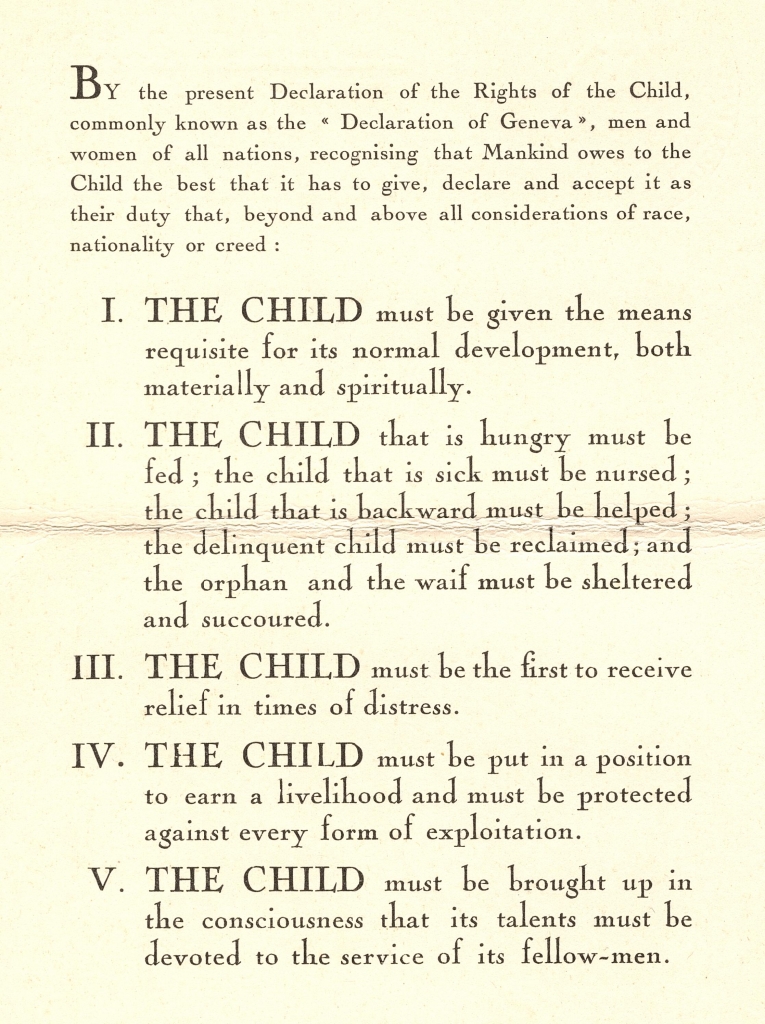
7EJB contains Eglantyne’s journals, diaries and personal writings; her personal and working correspondence; her working papers including material relating to the Charity Organisation Society, the Fight the Famine Council, the Save the Children Fund and the League of Nations, stretching up to her death in 1928; and obituary and biographical material. These records give a fascinating insight into the life of a truly inspiring woman and her hugely successful efforts in the sphere of children’s welfare and rights, most notably in setting up the world’s first truly effective international aid organisation and in drafting and publicising the Geneva Declaration.
Respected & Protected: The Rights of Children is open until 20 June 2017.
Posts about LSE Library explore the history of the Library, our archives and special collections.


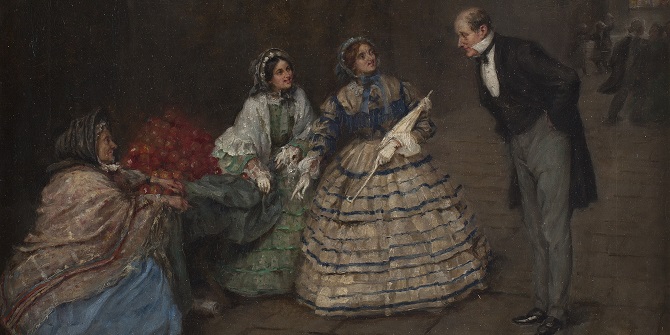
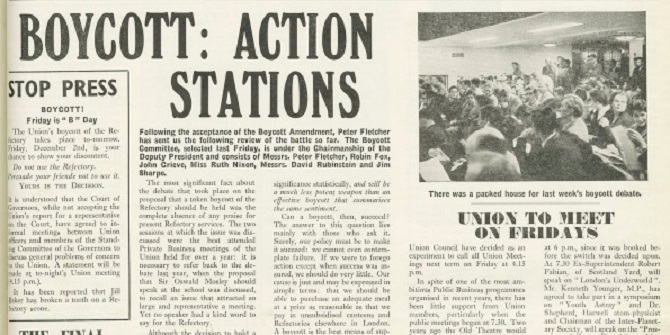
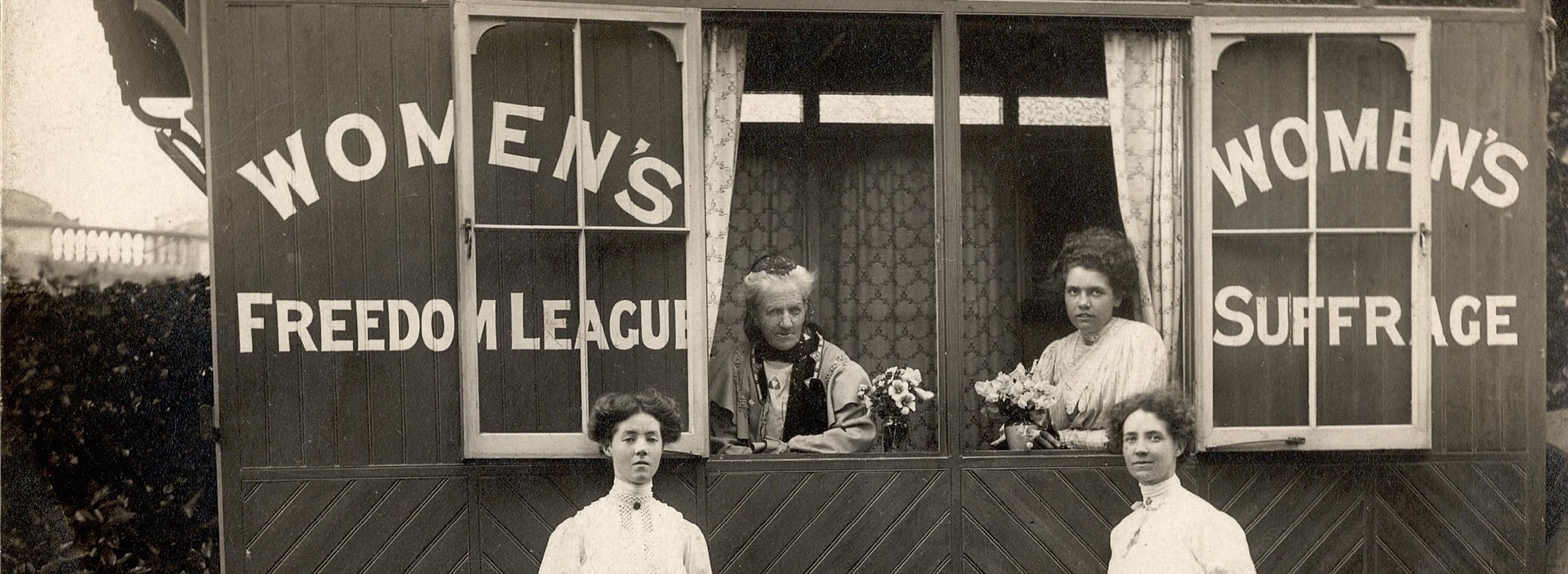
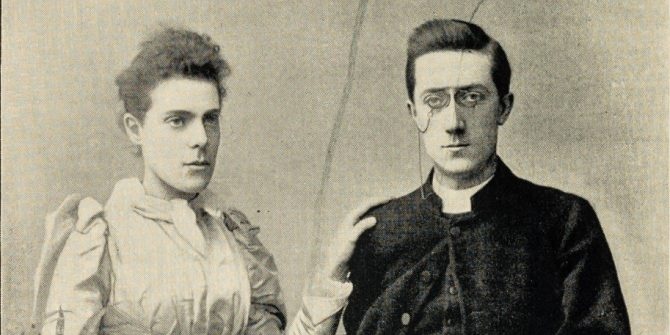
9 Comments